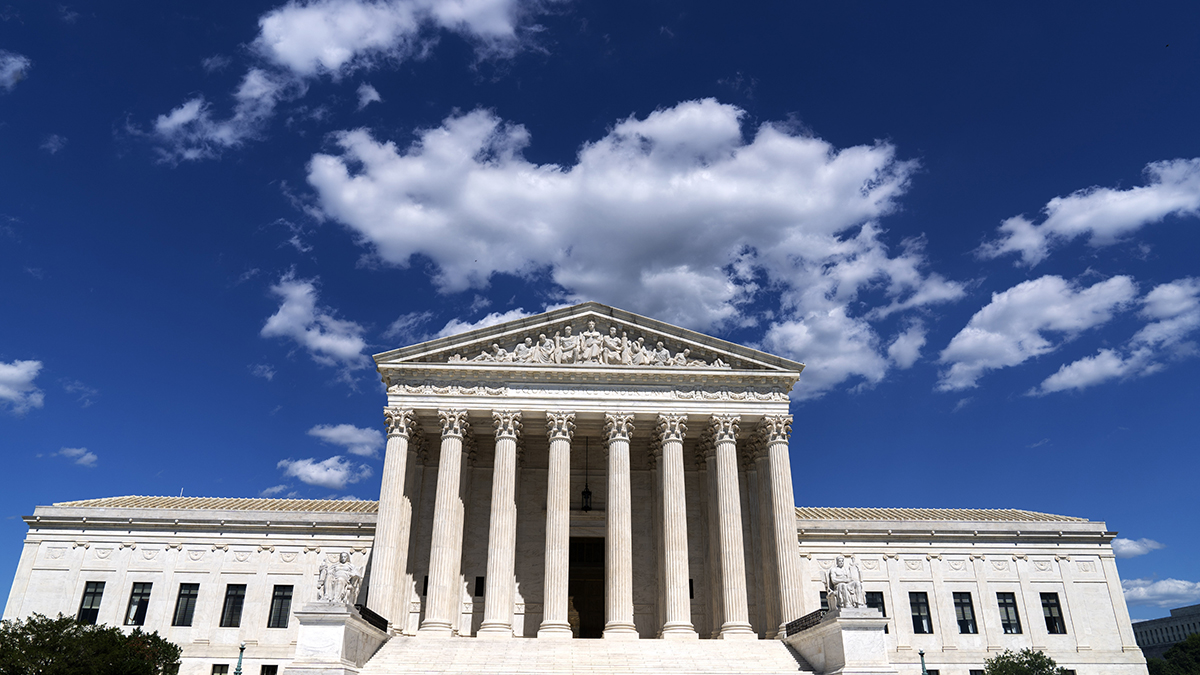What to Know
- New Haven first responders have been called to at least 76 overdoses on K2 in 24 hours.
- Some victims were in life-threatening condition, but there have been no reported fatalities.
- Police have arrested three people, but so far have not confirmed if any of them were responsible for distributing the drugs.
Emergency crews in New Haven responded to at least 76 overdoses on the synthetic drug K2 between Tuesday night and Wednesday and another five incidents early Thursday morning that appeared to be similar.
Emergency crews responded to the New Haven Green, a park near Yale University, Tuesday night for three suspected ODs.
More cases came to light Wednesday morning when around 18 people collapsed on the New Haven Green in a span of three-and-a-half hours, authorities said.
As of 10 p.m. Wednesday, first responders had been called to close to 76 suspected overdoses, the majority of which occurred on or around the Green. Of those, 72 people were transported to the hospital, and four patients refused to be taken, officials said.
Some of the people who got sick were taken to the hospital two or three times, according to Rick Fontana, the director of emergency operations for New Haven.
U.S. & World
The day's top national and international news.
Fire officials said the first calls Wednesday morning began coming in around 7:30 a.m. and at 9:30 a.m. the situation began escalating.
They found people of a variety of ages suffering from overdose symptoms. Some were unconscious while others were vomiting, nauseated or lethargic.
Naloxone was administered at the scene but it was not effective.
Yale-New Haven Hospital said it has received multiple patients. Fire officials said some patients were released from the hospital only to overdose again and require a second transport to the hospital.
Higher doses of naloxone given at the hospital have been helping, officials said during a news conference Wednesday morning.
The DEA has been notified.
Some of the patients were in life-threatening condition, but officials said there have been no fatalities.
City officials said initial test results from the DEA found the substance to be pure K2, a synthetic drug promoted as similar to marijuana, but there are still more samples to be tested. There were no additives in the first tested samples, city officials said.
Local officials had suspected the K2 might have been laced with an opiate or fentanyl.
Toxicology screenings showed that some of the more critical patients did have fentanyl in their system, according to officials who said the patients could have taken it before using the K2.
The National Institute on Drug Abuse warns it is potentially much more powerful and dangerous, and can even be life-threatening.
Some of the people on the Green told emergency crews that the drug could have been laced with PCP.
Police said they have arrested a local man on a violation of probation warrant who is believed connected to at least some of the overdoses. The investigation is ongoing and the man, who had drugs on him at the time of his arrest, has yet to be charged in any of the overdose cases.
Police made two other arrests Wednesday, but so far have not confirmed if those people are connected to distributing the drugs.
New Haven Fire Chief John Alston Jr. said during a news conference that the opiate problem extends far beyond New Haven.
"People are self-medicating for several different reasons and every agency — police, fire, medical, hospitals — all are strained at this time. This is a problem that's not going away," Alston said.
Mayor Toni Harp released a statement praising first responders for their work as the investigation continues.
“I’m extremely grateful for the timely and effective work of first responders who helped revive, transport, and save these victims," the statement read.
Gov. Dannel Malloy called the massive number of overdoses in New Haven “deeply troubling.”
“Today’s emergency is deeply troubling and illustrative of the very real and serious threat that illicit street drugs pose to health of individuals. The substance behind these overdoses is highly dangerous and must be avoided,” he said in a statement.
“I have spoken with Mayor Harp and assured her that the state remains committed and ready to assist their response efforts wherever needed,” Malloy said in a statement.
Officials from the state Department of Public Health and the Department of Mental Health and Addiction Services are providing assistance, including delivering 50 doses of naloxone to the City of New Haven to replenish the supply first responders used over 24 hours.
The Department of Mental Health and Addiction Services is also working with health professionals to assist the emergency responders. Malloy said psychiatrists, nurses, social workers, medical and homeless outreach staff also assisted in triage, administering naloxone, and sending people to the hospital.
Hamden has issued a public health advisory because of the overdoses in New Haven County, and the mayor’s office is warning that using any street drugs can and might result in death or serious medical complications.
The city also shared signs of an overdose, citing the Quinnipiack Valley Health District, for the information.
Symptoms include:
- Person will not wake up
- Blue lips or fingernails
- Clammy, cool skin
- Shallow, slow breathing
- Seizures or convulsions
- No response to knuckles being rubbed hard on breast bone.



